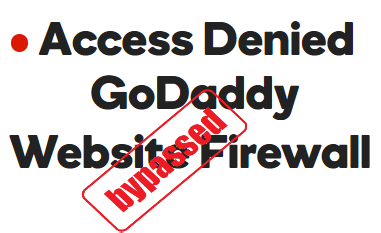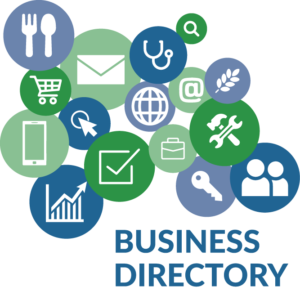The problem is that data are loaded highly dynamically. HTML contains only the information that you currently see on the browser screen.

If there are a lot of records then it is difficult to collect such a table. One of the possible ways is to calculate the size of the screen and rows in the table. Then using the browser automation and use to make a script that will scroll through it bit by bit and collect data.
Is there any other feasible way to get data of a table? For example there is a HTTP requests coding way to get dynamic data.
JS infinite scroll does not work for AirTable either.
Please comment down here if having some tips, hints.




 My goal was to retrieve data from a web business directory.
My goal was to retrieve data from a web business directory.